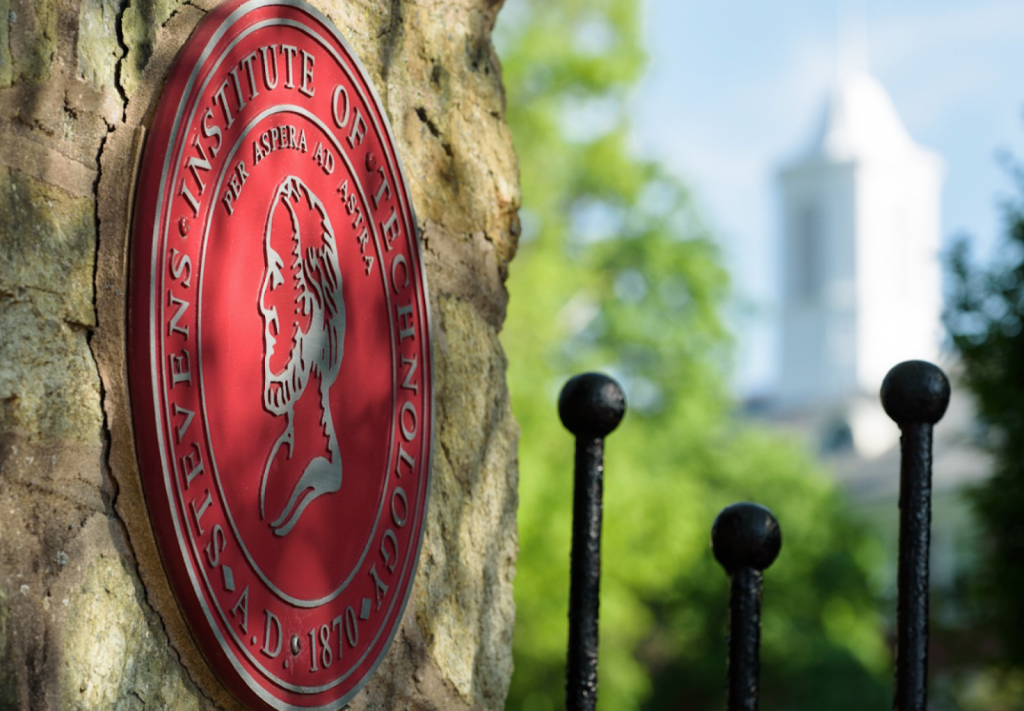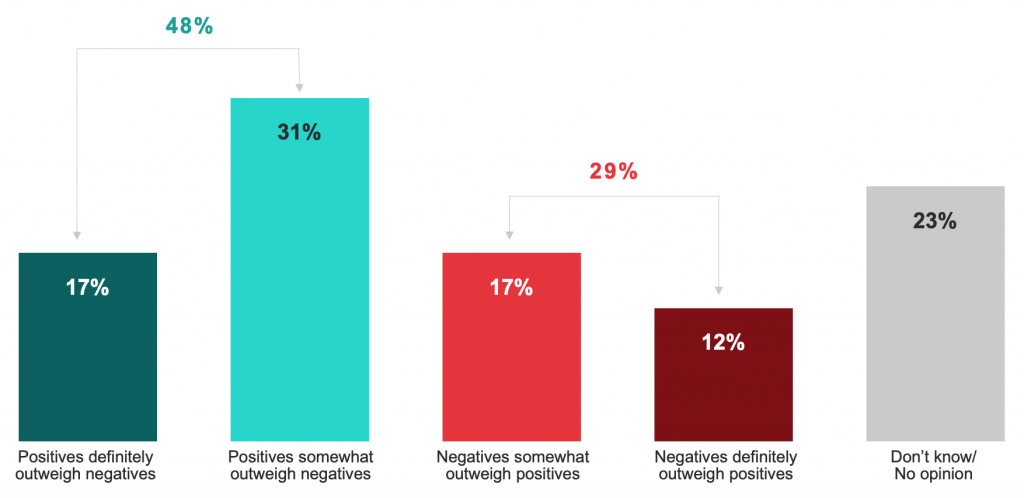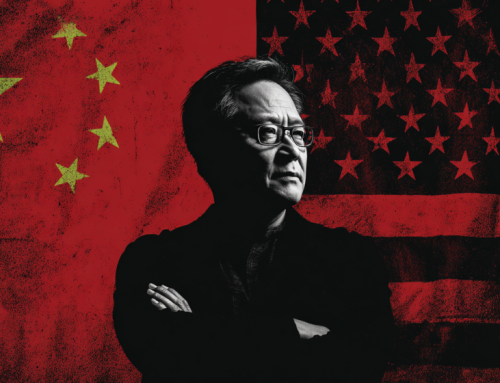
A national poll commissioned by the Stevens Institute of Technology, based in Hoboken, NJ, finds a wide gap in views by Americans on the impact of AI.
National Survey on AI Shows Contradictory Results among Americans
When it comes to AI, Americans are very divided over its use. Ironically, however, Americans are willing to promote and use AI at the same time they are objecting to it.
The story we found at finance.yahoo.com highlights the recent Stevens TechPulse Report: A Perspective on Americans’ Attitudes Toward Artificial Intelligence. And even though Americans fear AI, they are perfectly willing to have it used everywhere and often.
A new national poll of 2,200 adults was conducted on behalf of Stevens Institute of Technology by Morning Consult examining Americans’ views on a wide range of AI-related issues.
Almost half (48%) of Americans feel the positives of greater AI adoption in everyday life outweigh the negatives, while 29% believe the opposite. A majority also holds the opinion that in the future, AI should play a greater role in a variety of industries including technology (66%), manufacturing (61%), logistics (58%), and retail (52%).
“As the world and our lives grow increasingly dependent on artificial intelligence, it’s essential to assess its perceived impact, as well as identify gaps in knowledge that need to be addressed,” said Jason Corso, Brinning Professor of Computer Science and director of Stevens Institute for Artificial Intelligence at Stevens Institute of Technology. “It’s clear from this research that, while people recognize the positives of AI, they also see much to be wary of — based, to some extent, on misunderstandings of the technology and what could help protect against those negative consequences.”
There are several main objections to AI that are consistent across the poll. Some things Americans are wary of:
- Loss of Privacy: Tops the list of concerns about the negative consequences of AI, with three in four adults voicing that concern. However, age affects those opinions: among generations, GenZers are least concerned (62%), while Baby Boomers are most concerned (80%).
- Abuse of the technology: Nearly three-quarters (72%) of respondents are concerned that countries or businesses will use the technology irresponsibly and 71% believe AI will likely be misused by individuals.
- Job Losses: Seven in 10 Americans (71%) are concerned that greater adoption of AI will lead to reduced employment opportunities. However, more than half (53%) also think it has the potential to create better working conditions and reduce the risk of dangerous jobs (70%).
And one that really stands out is:
Threats to Fairness and Democracy
Americans believe AI has played a part in eroding the foundations of democracy. Most Americans think AI has had a role in Americans’ loss of trust in elections (57%), in threats to democracy (52%), and in loss of trust in institutions (56%). Additionally, 58% of respondents say it has contributed to the spread of misinformation. Almost two-thirds (64%) are concerned that greater adoption of AI in the future could lead to more of this problem and six in 10 people express concern that it could further increase political polarization.
There is a lot to digest in the numbers that the Stevens Report has revealed. But the most amazing thing about the poll is that Americans still believe in AI as much as they fear it.
Fears include AI getting out of control like a Terminator movie plot, and the fear of deep fakes and facial recognition algorithms being used to control every part of our lives.
Quite the conundrum for us all to consider.
“This survey indicates that there is a significant need for education, well-informed and holistic policy development and ethical leadership in the deployment of rapidly advancing technology throughout industry and society,” said Nariman Farvardin, president of Stevens Institute of Technology. “I am delighted that Stevens is playing a leadership role in this space through the Stevens Institute for Artificial Intelligence.”
So it really does come down to this: the more you know, the less you should fear AI. Seeflection.com has sought to educate readers on all aspects of the technology, so they can have informed opinions, while also advocating for new laws to prevent the problems people are concerned about.

read more at finance.yahoo.com







Leave A Comment